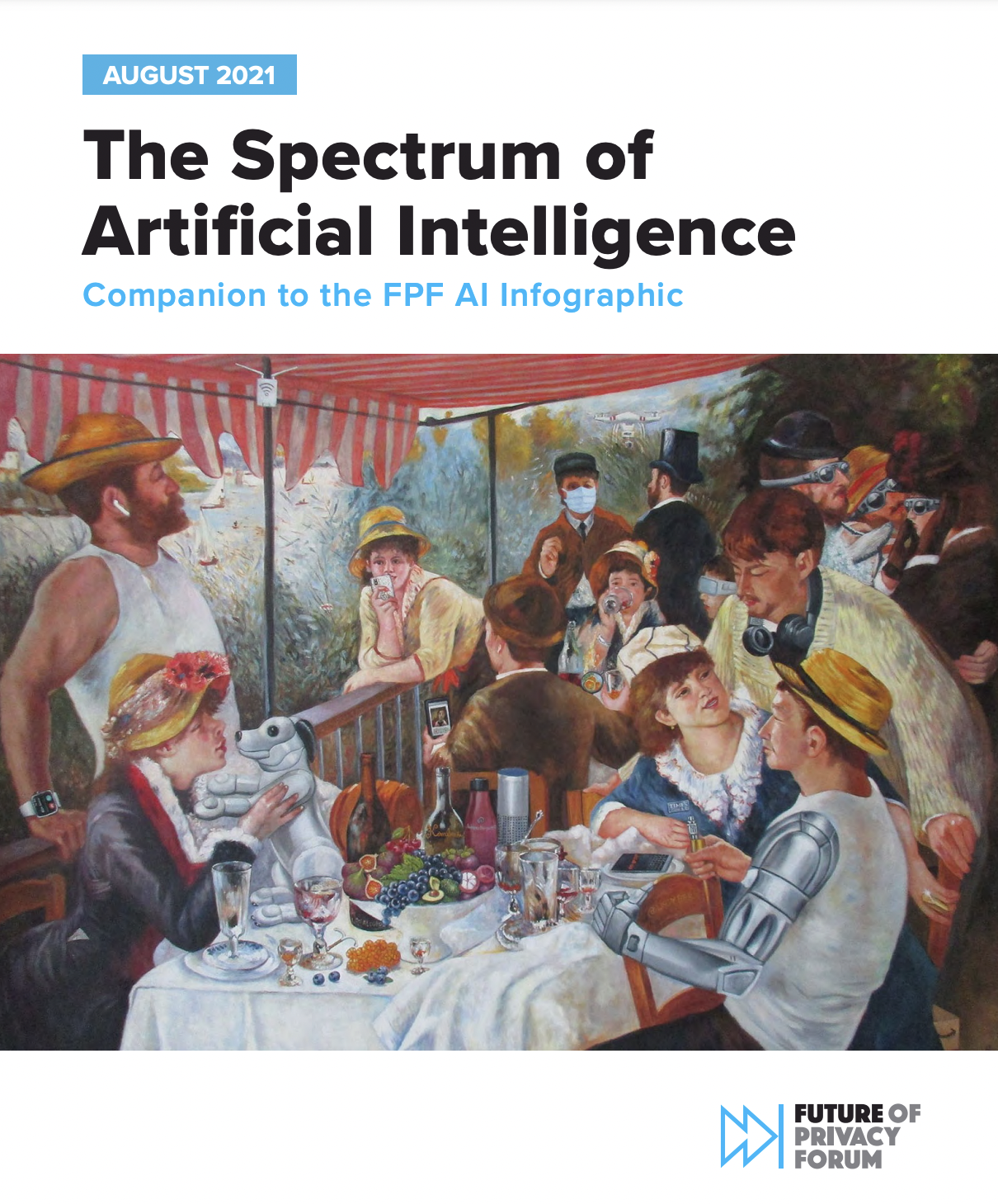Showing results for virg xped free promo code today tanzania

FPF and Mobility Data Collaborative Release Resources to Help Organizations Assess the Privacy Risks of Sharing of Mobility Data
[…] they utilize the tool. An Infographic that provides a visual overview of the MDSA process. “If data from mobility initiatives are going to be used to solve today’s complex mobility challenges, organizations need to be able to conduct thoughtful, in-depth legal and policy reviews,” said Pooja Chaudhari, Head of New Mobility at SAE International […]

China’s New Comprehensive Data Protection Law: Context, Stated Objectives, Key Provisions
[…] or “written consent” for specific processing of PI (Art. 14). Similar to the GDPR, individuals have the right to withdraw consent (Art. 15). Inspired by the “ freely given” validity condition under the GDPR, the PIPL also provides that handlers may not refuse to provide products or services on the basis that an individual […]

Future of Privacy Forum Launches its Asia-Pacific Office Led by Dr. Clarisse Girot
The Future of Privacy Forum’s Asia-Pacific office launches today in Singapore under the leadership of Dr. Clarisse Girot. As Director of the FPF Asia-Pacific office, she is responsible for developing and implementing FPF’s strategy in the world’s biggest and most populated region. We have asked Dr. Girot to share her thoughts for FPF’s blog […]

FPF and Leading Health & Equity Organizations Issue Principles for Privacy & Equity in Digital Contact Tracing Technologies
[…] leaders within the privacy and equity communities to develop actionable guiding principles and a framework to help bolster the responsible implementation of digital contact tracing technologies (DCTT). Today, seven privacy, civil rights, and health equity organizations signed on to these guiding principles for organizations implementing DCTT. “We learned early in our Privacy and Pandemics […]

The Spectrum of AI: Companion to the FPF AI Infographic
[…] economic, and professional opportunities. If regulation is to be effective, it should focus on both technical details and the underlying values and rights that must be protected from adverse uses of AI, to ensure that AI is ultimately used to promote human dignity and welfare. A .pdf version of the printed paper is available here.

Now, On the Internet, EVERYONE Knows You’re a Dog
[…] to unauthorized individuals. Security best practices require that authentication be accomplished via a multi-factor system, requiring two of the three options: something you know (password or pin code, security question), something you have (a smart card, specific mobile device, or USB token), or something you are (a biometric). Once an ID holder is authenticated, […]

Uniform Law Commission Finalizes Model State Privacy Law
[…] treatment. The Prefatory Note of a late-stage draft of the UPDPA notes that it seeks to avoid “the compliance and regulatory costs associated with the California and Virginia regimes.” Central to the framework, however, is a useful distinction between “compatible,” “incompatible,” and “prohibited” data practices, which moves beyond a purely consent model based on […]

What the Biden Executive Order Means for Data Protection
[…] key aspect of market dominance. The Order specifically highlights the impact of serial mergers in the technology sector on user privacy, identifying privacy and competition among “ free” products as factors that should be considered as part of the enhanced scrutiny of mergers. The Fact Sheet explains that this is particularly relevant in the […]

Lessons for a Federal Private Right of Action in US Privacy Law after TransUnion LLC v. Ramirez
[…] a series of examples of intangible concrete harms, many of them traditional privacy harms, including: reputational harms, disclosure of private information, intrusion upon seclusion, and infringement of free exercise. The Court then concludes that the subset of the class who had the false information about them disclosed had suffered a reputational injury, a type […]

Manipulative Design: Defining Areas of Focus for Consumer Privacy
[…] examples of dark patterns are both clear and harmful, such as a design that tricks users into making recurring payments, or a service that offers a “ free trial” and then makes it difficult or impossible to cancel. In other cases, the presence of “nudging” may be clear, but harms may be less clear, […]
